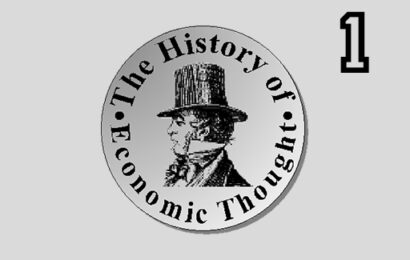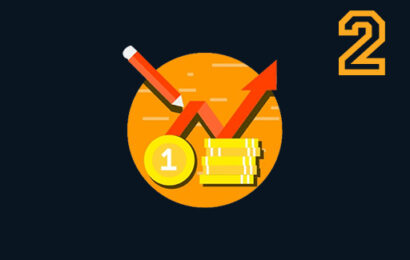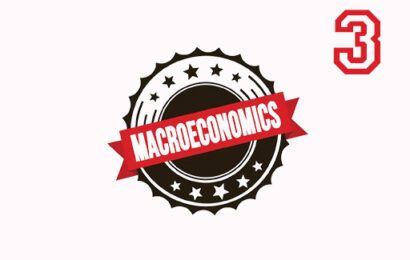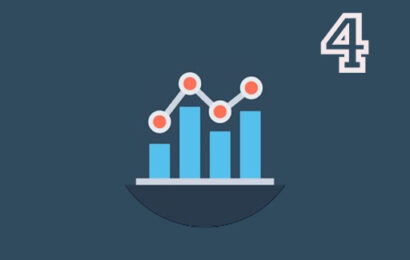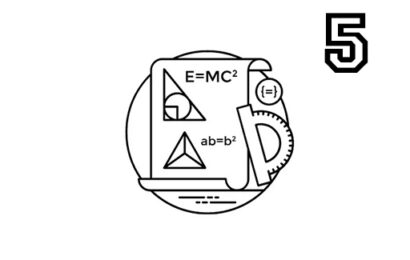
- Quizzes: 10
Monetary economics explores the role of money in the economy, focusing on the interactions between money, financial institutions, and economic activity. Historically, it traces its origins to classical economics and the works of economists like David Hume, who explored the quantity theory of money, and John Maynard Keynes, who revolutionized monetary thought with his emphasis on the role of central banks in managing economic fluctuations. Over time, monetary economics evolved to include more sophisticated theories such as Monetarism, developed by Milton Friedman, which emphasized the control of money supply to regulate inflation.
Monetary economics has practical implications for policy-making. Central banks use monetary tools, like interest rates and open market operations, to stabilize economies, control inflation, and promote employment. By adjusting the money supply, central banks can influence aggregate demand, investment, and consumption, thus steering the economy toward desired outcomes. Moreover, the discipline addresses issues like exchange rates, inflation targeting, and the role of digital currencies in the modern economy, highlighting its relevance in a globalized financial system. The ongoing evolution of monetary economics continues to inform both theoretical research and real-world policy decisions, shaping the economic landscape across nations.
Curriculum
- 2 Sections
- 0 Lessons
- Lifetime
- Notes0
- MCQ10
- 2.1Introduction and function of Money0 Questions
- 2.2Components of Money Supply and Monetary Base0 Questions
- 2.3Capital Market, Interest Rates and Regulations0 Questions
- 2.4Monetary Policy Instruments and its working0 Questions
- 2.5Central Banking and Monetary Policy Implementation0 Questions
- 2.6Commercial Banking and NBFCs0 Questions
- 2.7Inflation and Monetary Theory0 Questions
- 2.8Money, Output, and Employment0 Questions
- 2.9Business Cycles and Monetary Policy0 Questions
- 2.10International Monetary System and Exchange Rates0 Questions


